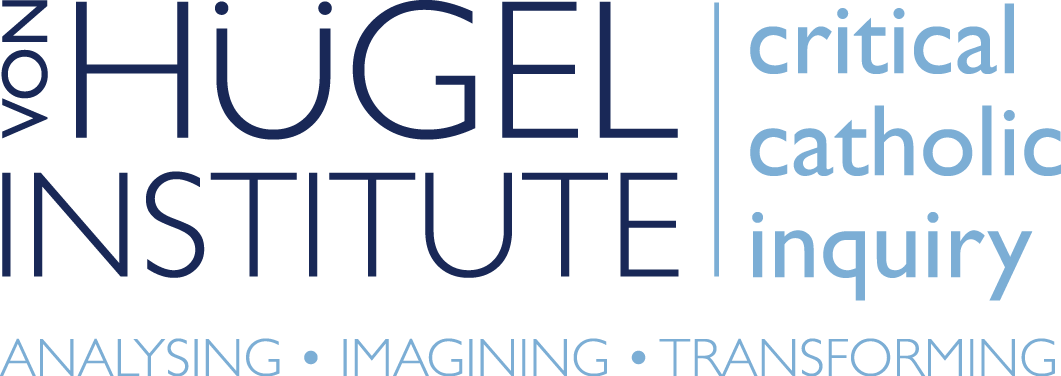The Von Hügel Institute for Critical Catholic Inquiry, based at St Edmund’s College in Cambridge, held a three day invitation-only workshop on the possible interconnections between clericalism and sexuality. The workshop was the start of a multi-year research project.
While historically clericalism used to be a term of abuse hurled at the church from without, thanks to Pope Francis’ frequent focus on the theme it has become a term of ecclesial self-critique and self-analysis. Discussions among the 25 scholars who took part in the workshop embraced many disciplines from theology, to gender theory, but including history, sociology, psychology, ethics, spirituality, and queer theory. What became most clear was the complex and diverse nature of clericalism around the world: it manifests in different ways in different places and times. While clericalism in the West is most often linked to homosexuality (the conference discussed Frédéric Martel’s In the Closet of the Vatican with its author in a remarkable session) manifestations in the global South are more diverse.
Amongst the key insights gleaned where the important roles anger and fear play in clericalism as well as its key relationship with power, the complex ways in which clericalism is incentivised by a system of reward, the need for more historical and first-person testimonies about clericalism as well as comparative analysis from different regions, periods, denominations and religions, and the clear need for a division of powers within the church. It also emerged that traditional orders (like for examples the Dominicans or the Benedictines) and new movements (like the Opus Dei) have developed models of accountability and divisions of powers in the exercise of ordained ministry that are effective antidotes against clericalism and could inspire the Church at large.


